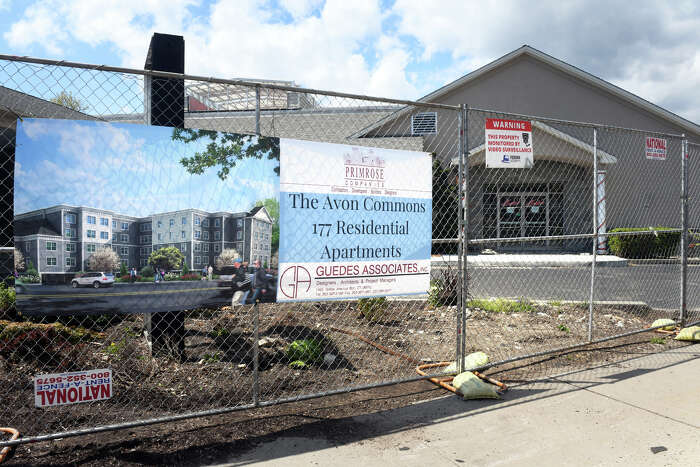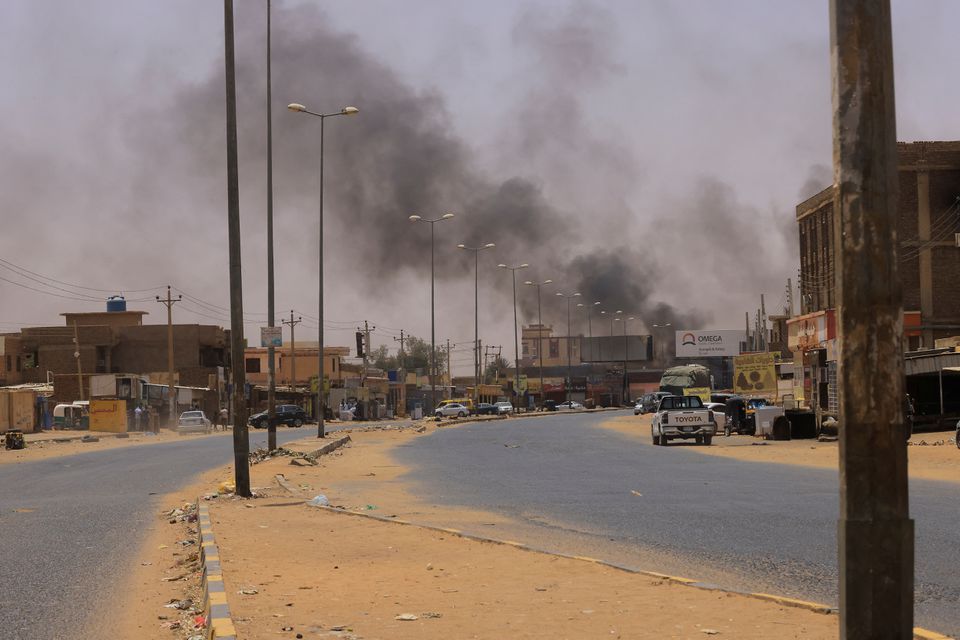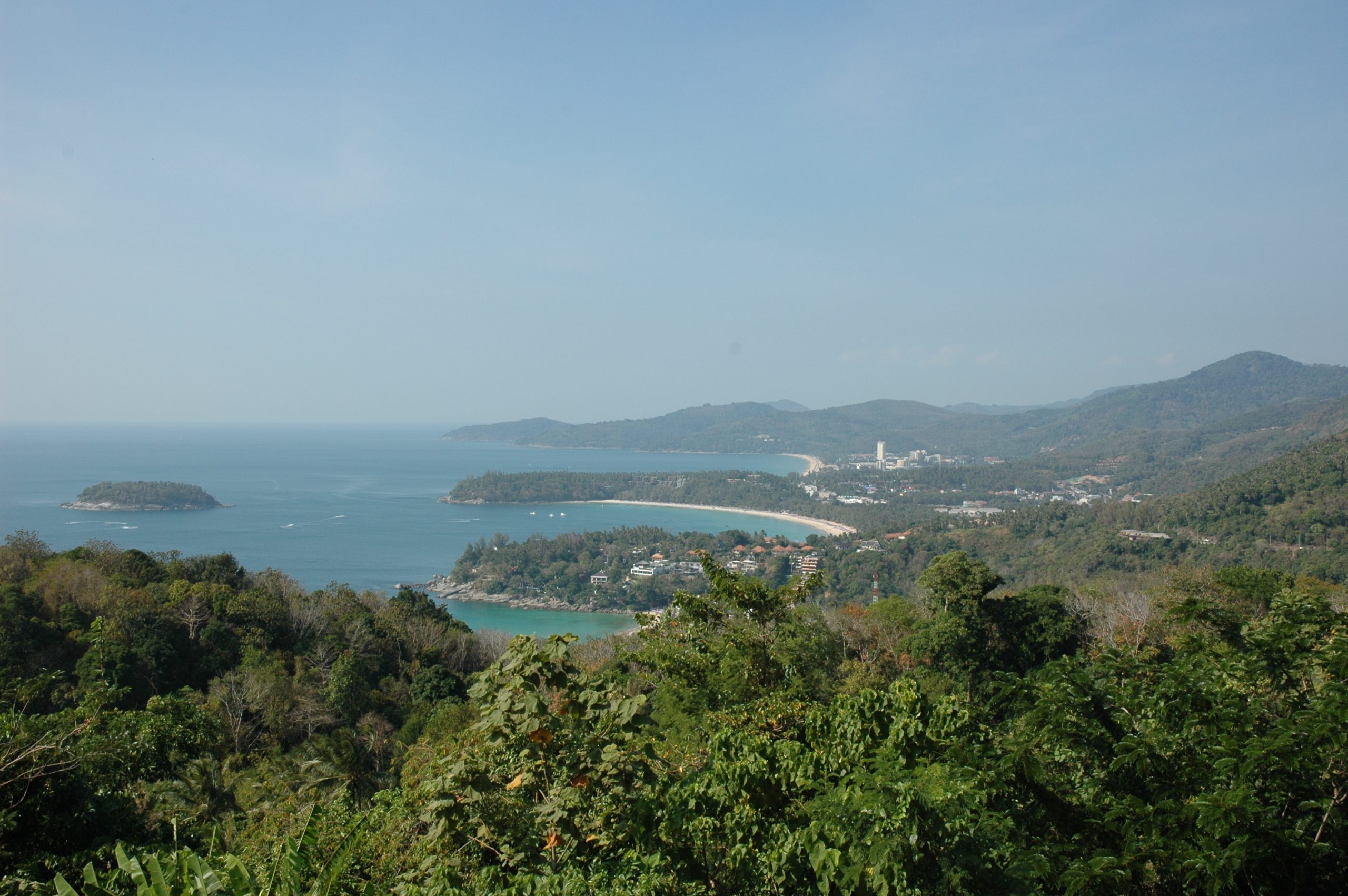WORLD
Sudanese fleeing clashes flood port city, borders with Egypt
As Khartoum exploded Tuesday, Sudanese fleeing the fighting between rival generals flooded an already overcrowded city on the Red Sea and Sudan’s northern borders with Egypt.
Many exhausted Sudanese and foreigners arrived in Port Sudan, the country’s main seaport, joining thousands who have waited days to be evacuated from the chaos-stricken nation. Others have traveled by bus and truck to Egypt, Sudan’s northern neighbor.
“All (residents of) our street fled the war,” claimed Khartoum resident Abdalla al-Fatih.
Khartoum and Omdurman are now battlefields after three weeks of combat. Residents report violent conflicts in “ghost” communities.
After months of rising tensions, the military under Gen. Abdel-Fattah Burhan battled the Rapid Support Forces under Gen. Mohamed Hamdan Dagalo.
Al-Fatih’s family left Khartoum over the weekend after two weeks imprisoned in their home in Kafouri, a significant hotspot since the conflict began on April 15.
He said they landed in Port Sudan late Monday after a grueling 20-hour drive. They found thousands, including women and children, sleeping outside the harbor. He added several had remained there for over a week without food or services.
Foreign governments use Port Sudan for air and sea evacuations.
Thousands of families have waited in buses or in Wadi Halfa to complete their paperwork to enter Egypt at the congested border crossings.
Sudanese university student Yusuf Abdel-Rahman and his family entered Egypt through Ashkit late Monday. He claimed they stayed at a community hostel in Aswan, Egypt, and will take a train to Cairo later Tuesday.
Abdel-Rahman’s family visited the Arqin crossing first over the weekend. It was too congested to approach customs. He stated they moved to Ashkit after hearing from locals that it was easier.
He called Arqin “chaotic.” “Women, children, and patients are stranded in the desert without food or water.”
Abdel-Rahman reported significant destruction and looting, particularly in wealthy capital neighborhoods. He said a neighbor called to say armed men in RSF uniforms raided their home in Khartoum’s Amarat area on Friday, a day after they fled the capital. Many Sudanese have complained on social media about armed men looting their homes.
“We’re lucky” they weren’t home during the storm, he said. “We could die.”
According to U.N. agencies, the violence has displaced 334,000 people in Sudan and tens of thousands more in neighboring Egypt, Chad, South Sudan, Central African Republic, and Ethiopia.
“Now we’re seeing some extremely fast-moving situations along the borders,” International Organization for Migration spokesman Paul Dillon told a Geneva news briefing Tuesday.
“There’s a desperate lack of wash services, food, shelter, water, medical assistance” at the Sudanese-Ethiopian border, where 900–1,000 people come everyday.
Filippo Grandi, the UN High Commissioner for Refugees, warned that 800,000 people may leave the crisis to neighboring nations. “We hope it doesn’t come to that, but if violence doesn’t stop we will see more people forced to flee Sudan seeking safety,” he tweeted Monday.
Residents reported severe fighting surrounding the military headquarters, the international airport, and the Republican Palace in Khartoum early Tuesday. They saw military warplanes above the capital.
Both sides proclaimed Sunday a second, three-day humanitarian cease-fire to allow healthcare personnel and assistance groups in the capital safe passage.
“The war never stopped,” said Doctors’ Syndicate Secretary Atiya Abdalla Atiya. Doctors are safe. Hospitals were full.”
He stated that morgues were congested and individuals were still unable to retrieve their dead for burial. He stated that many injured were hospital-less.
The Doctors’ Syndicate reported on Monday that 436 civilians have been killed and over 1,200 injured since the conflict began. The Sudanese Health Ministry reported 530 civilian and combatant deaths and 4,500 injuries a week ago.
International pressure on competing generals to halt fighting and negotiate under a mounting humanitarian crisis extended the truce. According to Volker Perthes, the U.N. envoy in Sudan, both parties agreed to send delegates for negotiations in Saudi Arabia, which joined the US in calling for a cease-fire.
In October 2021, partnered generals Burhan and Dagalo overthrew a western-backed transitional government in a coup, derailing Sudan’s democratic transition.
Asia Pacific
China earthquake death toll rises to 149, two still missing after a week.
The death toll from the China earthquake rises to 149, with two still missing after a week. At least 149 people were murdered in a rural location in the northern part of China by one of the most severe earthquakes that China has seen in recent years, according to official media. Two people are still missing following the magnitude-6.2 earthquake a week ago.
The earthquake’s epicenter was located in an area encompassing both the provinces of Gansu and Qinghai. The Hui people of China, a relatively small ethnic minority that stands out for having a distinctive Muslim identity, reside in significant numbers in this area.
The quake’s violent vengeance was felt most strongly in Gansu. Almost 200,000 dwellings were destroyed, and 15,000 homes were on the verge of collapsing, according to reports from Chinese official media. In the province, the severe earthquakes caused 145,000 people to be displaced, and as of December 22, 117 people had been killed and 781 others had been injured.
According to official media, as of 11 p.m. (1500 GMT) on Sunday, 32 people had perished, and two more were still missing in the region of Qinghai, which is located west of Gansu.
The local authorities have determined that the shallowness of the earthquake is responsible for the severity of the damage. The thrust-type rupture during the earthquake and the comparatively soft sedimentary rock in the area contributed to the shakes’ significantly increased destructive power.
Most of the destroyed residences were constructed at an earlier age and were constructed out of brick-wood or earth-wood buildings. Because their load-bearing walls were created from the earth, the local authorities have stated they have inadequate defenses against earthquakes.
In addition, they stated that the tragedy has brought to light the critical need to increase the earthquake resilience of dwellings in rural areas.
Those provinces that are located on the northeastern limit of the tectonically active Qinghai-Tibetan plateau, which includes the majority of Tibet, Qinghai, Gansu, and sections of Xinjiang, as well as the rocky highlands in the western part of Sichuan, are prone to experiencing earthquakes.
In the province of Sichuan, a magnitude-6.6 earthquake occurred ten years ago, resulting in the injuries of over 6,700 people and the deaths of over 160 others. Two thousand seven hundred people lost their lives as a result of the devastating earthquake that struck Yushu, which is primarily Tibetan, in 2010.
AFRICA
The UK paid Rwanda an additional $126 million for the contested migrant plan.
As the tab for Britain’s controversial proposal to relocate asylum seekers to the East African nation continues to increase, the United Kingdom paid Rwanda an extra 100 million pounds ($126 million) in April. This was in addition to the 140 million pounds it had already provided Rwanda.
Even though the Rwanda project is at the core of the policy that British Prime Minister Rishi Sunak is employing to discourage illegal immigration, there have been no individuals sent to Rwanda as of yet due to legal challenges that have taken place since the initiative was introduced in 2022.
After Sunak’s immigration minister resigned this week, the polarizing policy is now regarded as a danger to Sunak’s leadership, which is anticipated to be challenged in the election that will take place the following year.
According to a letter that the British Ministry of the Interior issued on Thursday, the United Kingdom plans to give Rwanda fifty million pounds in addition to the 240 million pounds it has already provided to the East African nation.
The opposition Labour Party criticized the disclosures regarding the rising cost of a scheme that legal experts warned could collapse. Some parliamentarians within Sunak’s party are also expected to express their disapproval of the idea.
A statement by Yvette Cooper, the shadow interior minister for the Labour Party, on social networking site X, said, “Britain cannot afford more of this costly Tory chaos and farce.”
On Friday, however, the newly appointed minister for legal migration, Tom Pursglove, explained what he called the “investment” of 240 million pounds. He stated that once the Rwanda policy was operational, it would reduce the money spent on hosting asylum-seekers in the United Kingdom.
“When you consider that we are unacceptably spending 8 million pounds a day in the asylum system at the moment, it is a key part of our strategy to bring those costs down,” Pursglove explained to Sky News.
Pursglove stated that the money donated to Rwanda would assist in the country’s economic growth and help get the asylum relationship with the United Kingdom up and running.
There was no connection between the money sent to Rwanda and the treaty that the two nations signed on Tuesday, according to the letter from the Ministry of the Interior.
The treaty aims to respond to a ruling by the Supreme Court of the United Kingdom, which stated that the deportation plan would contravene local laws based on international human rights standards.
“The Government of Rwanda did not ask for any payment in order for a Treaty to be signed, nor was any offered,” according to the correspondence.
After Robert Jenrick resigned from his position as immigration minister on Wednesday, Sunak made a plea to fellow Conservative parliamentarians on Thursday to come together in support of his Rwanda proposal. He stated that the emergency legislation the government had drafted to get the scheme up and running did not go far enough.
AFRICA
UK interior minister travels to Rwanda to resurrect asylum plan.
On Tuesday, the Minister of the Interior of the United Kingdom, James Cleverly, came to Rwanda to sign a new treaty. This was done to circumvent a court judgment that blocked the government’s contentious policy of transferring asylum seekers to the East African nation.
The Rwandan plan is at the core of the government’s attempt to reduce migration, and it is being closely monitored by other nations who are considered to be considering policies that are comparable to Rwanda’s.
In a decision handed down a month ago, the Supreme Court of the United Kingdom stated that such a move would violate international human rights norms embedded in domestic legislation.
Following the decision, the United Kingdom has been making efforts to revise its agreement with Rwanda to incorporate a legally binding treaty that guarantees Rwanda would not remove asylum seekers brought there by the United Kingdom. This is one of the primary concerns of the court.
Several attorneys and charitable organizations have said that it is highly improbable that deportation flights will begin before the election. With a lead of more than ten percentage points in the polls, the opposition Labour Party intends to abandon the Rwanda policy if it is victorious.
A meeting between Cleverly, who arrived in Kigali, the capital of Rwanda, on Tuesday morning, and Vincent Biruta, the country’s Minister of Foreign Affairs, is scheduled to take place to sign the agreement.
“Rwanda cares deeply about the rights of refugees, and I look forward to meeting with counterparts to sign this agreement and further discuss how we work together to tackle the global challenge of illegal migration,” Cleverly says.
The United Kingdom aims to transfer thousands of asylum seekers who came to its beaches without authorization to Rwanda under the plan that was agreed upon the previous year. This discourages migrants from crossing the Channel from Europe in tiny boats.
In exchange, Rwanda has been given an initial payment of 140 million pounds, equivalent to 180 million dollars, along with the promise of additional funds to cover the costs of housing and medical treatment for any deported persons.
THE PRESSURE
A great deal of pressure is being put on Prime Minister Rishi Sunak to reduce net migration, which reached a record high of 745 thousand people in the previous year, with the vast majority of migrants entering through legal channels.
“Stop the boats” is one of the five goals that Sunak has set for his government. The influx of asylum seekers who pay people smugglers for their crossings of the Channel, which frequently take place in boats that are overloaded and not seaworthy, is one of the aims that Sunak has set.
The Supreme Court determined that the Rwanda plan should not be implemented because there was a possibility that refugees who were deported would have their claims incorrectly evaluated or that they would be sent back to their country of origin to suffer persecution.
In the latter part of this week, it is anticipated that the new treaty will be followed by the release of legislation declaring Rwanda a so-called safe nation. This law is intended to prevent legal challenges against the planned deportation flights.
Despite this, this will probably result in a fresh set of political and legal difficulties.
An immigration attorney at Harbottle & Lewis named Sarah Gogan stated that the government’s policy will be challenged due to Rwanda’s history of violations of human rights provisions.
“Rwanda is an unsafe country and this is not a quick fix,” added the politician. “You cannot in a matter of weeks or months reform a country and turn it into one with an impartial judiciary and administrative culture.”
Another “gimmick” was what Yvette Cooper, the spokesperson for the Labour Party’s home affairs department, called the most recent measures proposed by the administration.
Whether or not to design the law in a way that would avoid subsequent legal challenges is still up for debate by the administration.
Several members of the Conservative Party in parliament are putting pressure on the government to incorporate a “notwithstanding” clause into Rwanda’s policy. This clause would disapprove the domestic and international human rights commitments of the United Kingdom regarding Rwanda.
However, some politicians within the ruling party, such as Robert Buckland, have stated that such a move would be “foolish” and undermine the Good Friday Agreement, which is primarily responsible for ending three decades of carnage in Northern Ireland. This is because the European Convention on Human Rights supports the treaty.










